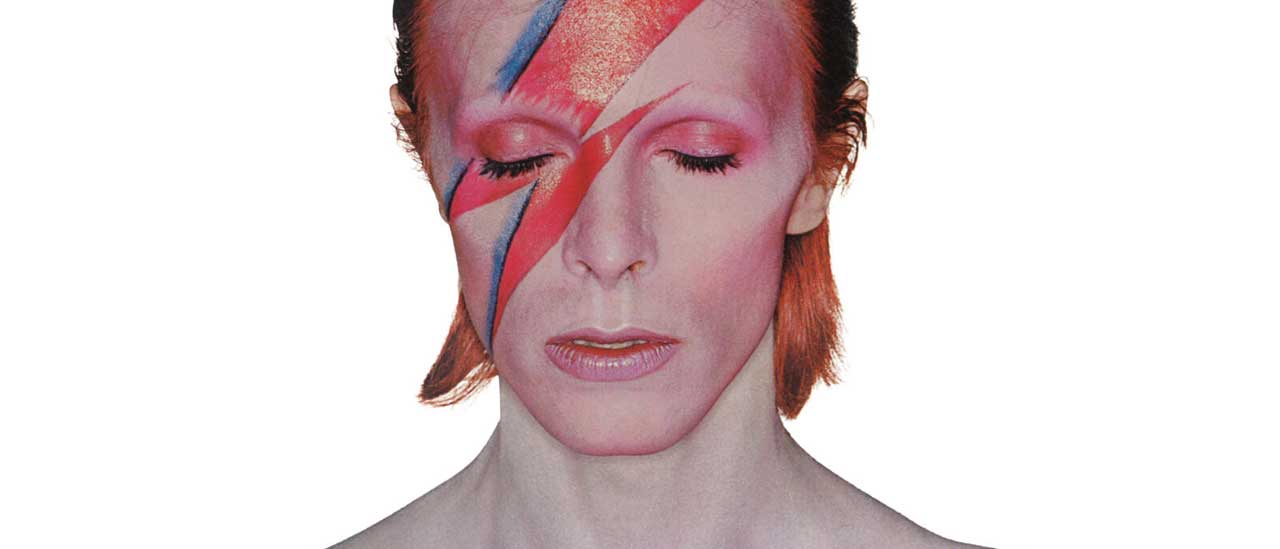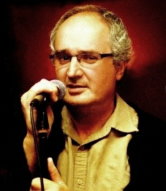You can trust Louder
No, really. Let’s not start arguments you’re unable to win.
Oh no, wait.
That’s the emotional mindfuckery of Ziggy Stardust, the album that preceded this wild and crazy jaunt written during Bowie’s first trip to America, a ride that took us through life-affirming glam (Watch That Man, The Jean Genie), bizarre sexual landscapes (Drive-In Saturday), doo-wop, shades of jazz (Aladdin Sane), cabaret (Time) and even a god-awful Rolling Stones cover (Let’s Spend The Night Together).
Not vital or unmissable like Low and Station To Station would later become, or stunningly game-changing like Hunky Dory was in 1971, Aladdin Sane is first and foremost a romp – a letting off of steam, inspired by fame and experimentation and whatever the hell took Bowie’s passing fancy as he raced from genre to genre, riff to stoned riff. And it’s still better than 99% of all other pre-’77 rock.
Cracked Actor is the template for glam-grunge generations to come: Lady Grinning Soul presages his pre-death albums by decades. It’s not vital… but man, what a truckload of fun! And audacious as fuck. This edition is released as a half-speed mastered album and a picture disc album that’s pressed from the same master
Sign up below to get the latest from Classic Rock, plus exclusive special offers, direct to your inbox!
Everett True started life as The Legend!, publishing the fanzine of that name and contributing to NME. Subsequently he wrote for some years for Melody Maker, for whom he wrote seminal pieces about Nirvana and others. He was the co-founder with photographer Steve Gullick of Careless Talk Costs Lives, a deliberately short-lived publication designed to be the antidote to the established UK music magazines.


